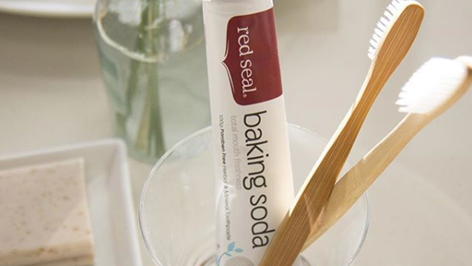The sunshine vitamin – are you getting enough?

Most of us are now very aware of the damage the sun can cause and the days of sun baking all day with coconut oil are gone. The nationalised program of “slip, slop, slap, wrap” to cover up with clothing, hats, sunscreen, and sunglasses has become a mantra to protect against sunburn.
However, shunning the sun has meant many have taken a toll on their health without realising all the implications. This combined with aspects such as an indoor lifestyle, increased age, increased weight, and dietary constraints such as avoiding dairy products, adhering to a strict vegan diet or those who are on cholesterol lowering medication, can impact the level of Vitamin D intake.
The “sunshine vitamin”, Vitamin D is produced by the body in response to skin being exposed to sunlight, but it is also naturally occurring in a few foods – including some fish, (such as salmon, tuna, and mackerel), fish liver oils, egg yolks, and dairy. Generally, it is considered that we need approx. 15 minutes of daily summer sun exposure on bare skin on our arms and legs, to give us enough Vitamin D to help keep us healthy, particularly during winter when we can potentially be indoors for most of the day.
Cold wet days of winter and end of summer for many of us means reduced outdoor time and decreased sunshine exposure. Vitamin D for many years has been one of those nutrients that have gone almost unnoticed by many because we make it naturally with sun exposure. Recent studies have shown there is a connection to this nutrient with supporting the immune system, mood balance and bone health.
Vitamin D is important for:
- Supports calcium absorption which supports healthy bone strength & density
- Supports healthy immune defences
Your doctor can identify if your Vitamin D levels are too low via a simple blood test.
Incredible tips in your inbox
By joining, I confirm that I would like to receive information about Red Seal’s products and services.





